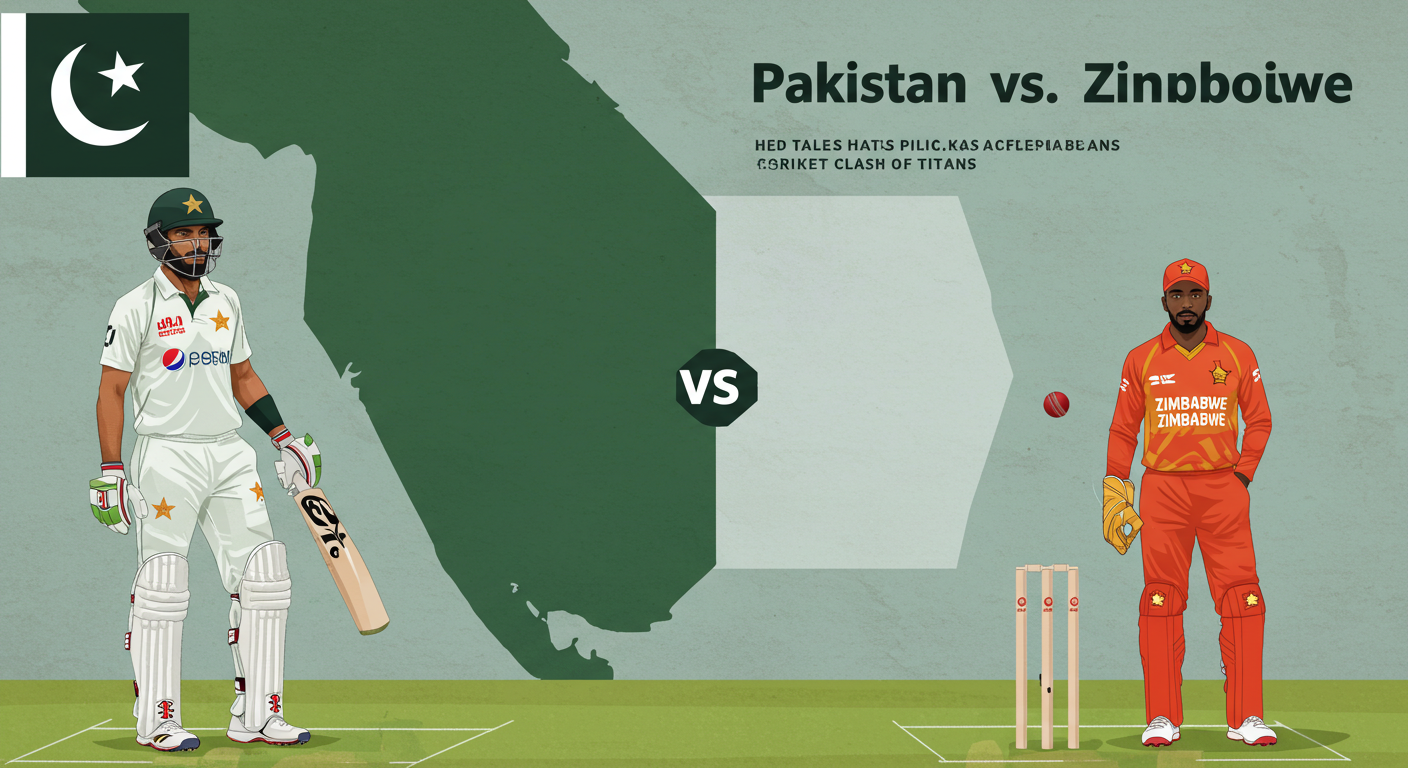Cricket in Pakistan: A Nation’s Passion

Cricket in Pakistan: A Nation’s Passion
Cricket in Pakistan isn’t just a sport; it’s a national obsession. From bustling city stadiums to remote villages, the sport unites people, fuels passions, and often defines national identity. This article delves into the rich history, vibrant culture, and complex socio-economic impact of cricket within the Pakistani context, offering a multifaceted view of this beloved game.
Beyond the exhilarating matches and nail-biting victories, the influence of cricket on Pakistani society is profound. It’s a microcosm reflecting the nation’s diverse tapestry, its struggles, and triumphs.
A History Steeped in Tradition
Pakistan’s love affair with cricket began early. The sport’s roots intertwine with the country’s creation and its struggle for independence. The early days saw emerging talent and the beginnings of passionate fan bases. Pakistan’s Test debut in 1952 was a watershed moment, marking the nation’s entry into the international cricketing arena. This was an era of both exciting victories and setbacks, which laid the foundation for the sport’s lasting significance in Pakistani culture.
Early cricketers, often emerging from lower socioeconomic backgrounds, carved out their paths through talent and hard work, inspiring future generations. The rise of iconic players like Javed Miandad and Imran Khan became synonymous with national pride and hope.
The Cultural Impact: Beyond the Boundary
Cricket’s influence extends far beyond the playing field. It transcends language barriers and socioeconomic divides, binding communities together in shared moments of joy and frustration. A match between Pakistan and India, a clash of regional passions, can reverberate through every town and city, bringing communities together through shared excitement, anticipation, and camaraderie.
Consider the fervent displays of support seen during major tournaments. Pakistan’s passionate fans, known for their vibrant celebrations and unwavering support, paint a vivid picture of the profound connection the nation has with cricket. The echoing sounds of cheers and anthems from the crowd during intense matches paint a vivid picture of this powerful emotion.
Cricket and Socio-Economic Factors
Beyond the thrill of the game, cricket plays a crucial role in the Pakistani economy. Stadiums generate revenue through ticket sales and related commercial activities. The television rights for international matches generate significant revenue that impacts the livelihoods of many. Many players, with their rising fame, become influential figures, not just on the field but also as role models within society.
The sport also provides a platform for talented individuals from less privileged backgrounds. Cricket can often serve as a vehicle for social mobility, offering scholarships and opportunities for education and self-improvement.
The Challenges and Opportunities: A Look Ahead
Despite the undeniable positive impact, challenges persist. Issues such as corruption, infrastructure limitations, and the need for improved player development programs remain critical aspects of the cricketing landscape.
Pakistan faces the challenge of balancing its cricket passion with broader development priorities. Improving sporting infrastructure, enhancing player development programmes, and addressing governance issues are crucial to maintaining the long-term health and growth of the sport within the nation.
Nevertheless, the future of cricket in Pakistan looks promising. The emergence of young talent, coupled with renewed investment in the infrastructure and programs, bodes well for the continued growth and success of the sport. Pakistan boasts a rich cricketing history and a passionate following, ensuring its continued relevance and importance in national life for years to come.
The Role of Media and the Public: Fostering a Passion
The Pakistani media plays a pivotal role in shaping the nation’s perception of cricket and driving fan engagement. The extensive coverage of matches, interviews with players, and expert analysis contribute to a rich and engaging landscape for fans.
Further, public engagement with cricket is essential for the sport’s sustained success. Promoting cricket among the younger generation, encouraging participation at local levels, and showcasing the sport’s importance to national unity are critical elements in nurturing this passion.
A Legacy of Passion
From the bustling stadiums to the quiet corners of the nation, cricket’s influence is pervasive. It’s a game that transcends generations, bridging cultural divides, and inspiring a sense of shared national identity.
Pakistan’s journey in cricket reflects the nation’s unique spirit—a blend of resilience, passion, and enduring hope. The fervor with which the nation embraces the sport is a testament to its profound cultural impact and lasting legacy.
Looking Ahead
Pakistan’s cricket journey is far from over. With the current crop of promising players and a devoted fanbase, the future looks bright. Continued investments in infrastructure, coaching programs, and grassroots initiatives will undoubtedly help shape the next era of Pakistani cricket.
This article aims to provide a balanced perspective on the multifaceted role of cricket in Pakistan. It highlights the sport’s significant influence on culture, economy, and society, while acknowledging the challenges and opportunities that lie ahead.
Pakistan’s passionate relationship with cricket is a powerful reflection of its rich history, vibrant culture, and enduring spirit. It’s a story that continues to unfold, captivating audiences and influencing the lives of countless people across the nation.
This deeply rooted passion underscores the significant role cricket plays in national identity and unity.